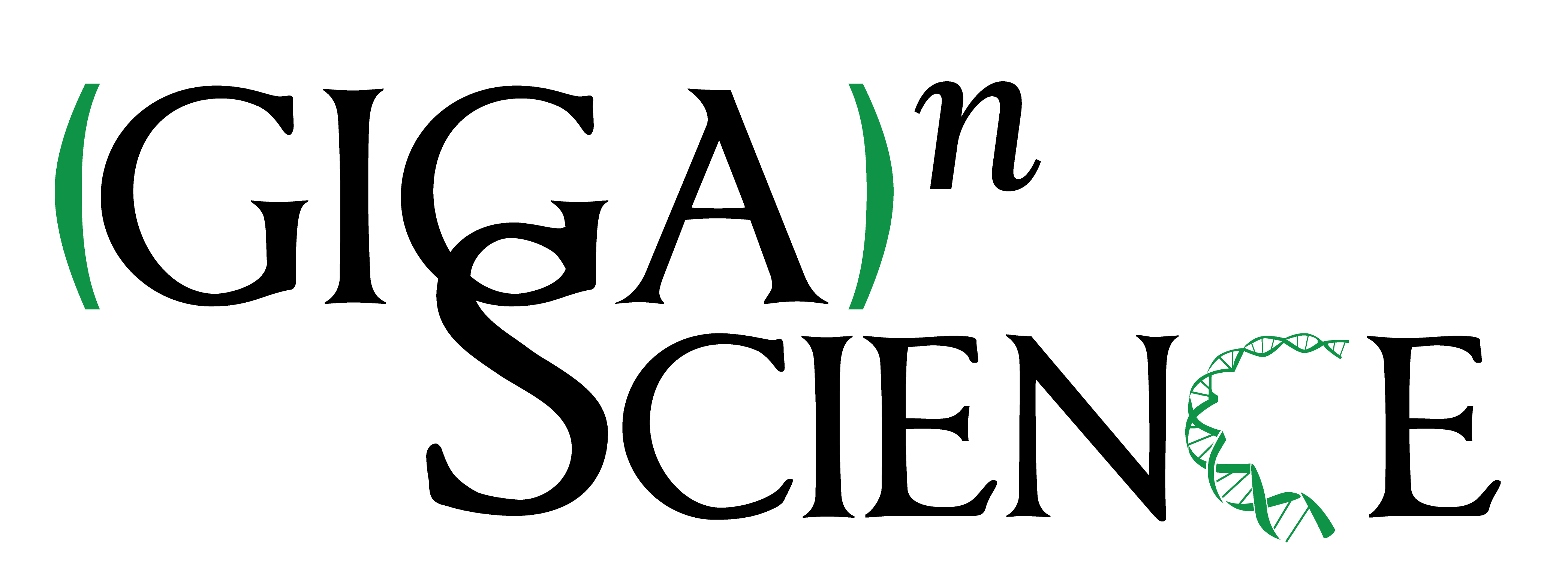Scientometric trends for coronaviruses and other emerging viral infections
This article has been Reviewed by the following groups
Discuss this preprint
Start a discussion What are Sciety discussions?Listed in
- Evaluated articles (ScreenIT)
- Evaluated articles (GigaScience)
Abstract
Background
COVID-19 is the most rapidly expanding coronavirus outbreak in the past 2 decades. To provide a swift response to a novel outbreak, prior knowledge from similar outbreaks is essential.
Results
Here, we study the volume of research conducted on previous coronavirus outbreaks, specifically SARS and MERS, relative to other infectious diseases by analyzing >35 million articles from the past 20 years. Our results demonstrate that previous coronavirus outbreaks have been understudied compared with other viruses. We also show that the research volume of emerging infectious diseases is very high after an outbreak and decreases drastically upon the containment of the disease. This can yield inadequate research and limited investment in gaining a full understanding of novel coronavirus management and prevention.
Conclusions
Independent of the outcome of the current COVID-19 outbreak, we believe that measures should be taken to encourage sustained research in the field.
Article activity feed
-

Now published in GigaScience doi: 10.1093/gigascience/giaa085
Dima Kagan 1Department of Software and Information Systems Engineering, Ben-Gurion University of the NegevFind this author on Google ScholarFind this author on PubMedSearch for this author on this siteORCID record for Dima KaganFor correspondence: kagandi@post.bgu.ac.ilJacob Moran-Gilad 2Department of Health Systems Management, Faculty of Health Sciences, Ben-Gurion University of the NegevFind this author on Google ScholarFind this author on PubMedSearch for this author on this siteORCID record for Jacob Moran-GiladMichael Fire 1Department of Software and Information Systems Engineering, Ben-Gurion University of the NegevFind this author on Google ScholarFind this author on PubMedSearch for this author on this siteORCID record for Michael Fire
A version of this preprint has …
Now published in GigaScience doi: 10.1093/gigascience/giaa085
Dima Kagan 1Department of Software and Information Systems Engineering, Ben-Gurion University of the NegevFind this author on Google ScholarFind this author on PubMedSearch for this author on this siteORCID record for Dima KaganFor correspondence: kagandi@post.bgu.ac.ilJacob Moran-Gilad 2Department of Health Systems Management, Faculty of Health Sciences, Ben-Gurion University of the NegevFind this author on Google ScholarFind this author on PubMedSearch for this author on this siteORCID record for Jacob Moran-GiladMichael Fire 1Department of Software and Information Systems Engineering, Ben-Gurion University of the NegevFind this author on Google ScholarFind this author on PubMedSearch for this author on this siteORCID record for Michael Fire
A version of this preprint has been published in the Open Access journal GigaScience (see paper https://doi.org/10.1093/gigascience/giaa085 ), where the paper and peer reviews are published openly under a CC-BY 4.0 license.
These peer reviews were as follows:
Reviewer 1: http://dx.doi.org/10.5524/REVIEW.102352 Reviewer 2: http://dx.doi.org/10.5524/REVIEW.102353
-
-

SciScore for 10.1101/2020.03.17.995795: (What is this?)
Please note, not all rigor criteria are appropriate for all manuscripts.
Table 1: Rigor
Institutional Review Board Statement not detected. Randomization not detected. Blinding not detected. Power Analysis not detected. Sex as a biological variable not detected. Table 2: Resources
No key resources detected.
Results from OddPub: We did not detect open data. We also did not detect open code. Researchers are encouraged to share open data when possible (see Nature blog).
Results from LimitationRecognizer: We detected the following sentences addressing limitations in the study:This study may have several limitations. To analyze the data, we relied on titles to associate papers with diseases. While a title is very important in classifying the topic of a paper, some papers may discuss a disease without …
SciScore for 10.1101/2020.03.17.995795: (What is this?)
Please note, not all rigor criteria are appropriate for all manuscripts.
Table 1: Rigor
Institutional Review Board Statement not detected. Randomization not detected. Blinding not detected. Power Analysis not detected. Sex as a biological variable not detected. Table 2: Resources
No key resources detected.
Results from OddPub: We did not detect open data. We also did not detect open code. Researchers are encouraged to share open data when possible (see Nature blog).
Results from LimitationRecognizer: We detected the following sentences addressing limitations in the study:This study may have several limitations. To analyze the data, we relied on titles to associate papers with diseases. While a title is very important in classifying the topic of a paper, some papers may discuss a disease without mentioning its name in the title. Additionally, there may be false positives; for instance, an acronym might have several meanings that are not related to an infectious disease term. An additional limitation is our focus on a limited number of distinct diseases. There are other emerging infections not evaluated here in which could have followed other trends. To deal with some of these limitations, we only analyzed papers that were categorized as medicine and biology papers as a means to reduce false positives. Furthermore, we show that the same trends appeared even when we filtered all the papers by the category of virology (see Figures 11 and 12). Finally, we compared papers that were tagged with a MeSH term on PubMed to the papers we retrieved using our keyword search of the title. We found that we matched MeSH terms with 73% recall, which is in the range described by Breugelmans et al. [24]. In the future, we would like to perform extended collaboration analysis by improving the institution country mapping. Currently, we were able to identify 94.2% of the countries of origin for the institutions in the MAG affiliation table. We intend to improve the institution country mapping by using additional data sources. Additionally, we are planning to extend...
Results from TrialIdentifier: No clinical trial numbers were referenced.
Results from Barzooka: We did not find any issues relating to the usage of bar graphs.
Results from JetFighter: We did not find any issues relating to colormaps.
Results from rtransparent:- Thank you for including a conflict of interest statement. Authors are encouraged to include this statement when submitting to a journal.
- No funding statement was detected.
- No protocol registration statement was detected.
-


